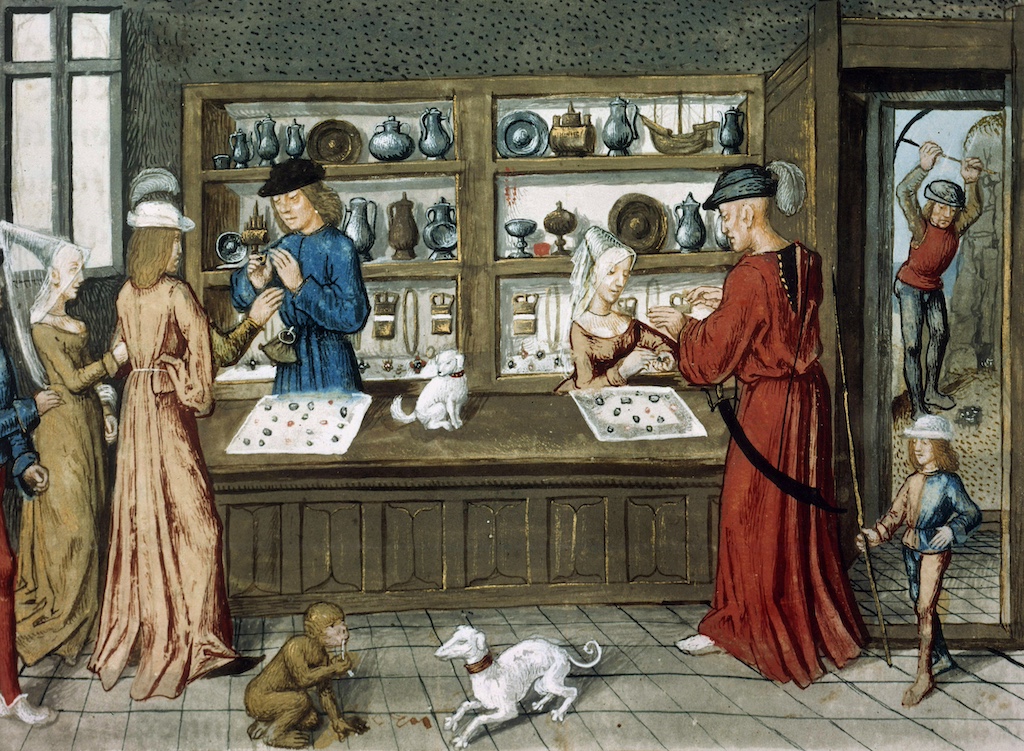Donkeys are friendly animals: intelligent and patient, they have been used for millennia to transport the widest variety of objects and products. Their humble and important work for humans, however, has rarely attracted scholarly attention.
Chris Wickham’s book The Donkey and the Boat does justice to the noble donkey, showing precisely the importance of economic exchange at the local and regional level (indeed, by donkeys) compared to the role of long-distance trade, and the boat as a more favored object of historians’ attentions. This challenges the prejudice of judging an economy as “dynamic” based on the participation of certain regions or countries in long-distance, “foreign” trade.
Wickham corrects this distorted view with specific regard to the medieval Mediterranean. He also reassesses precapitalist economies in general, and thus our whole way of looking at economies in history. The Donkey and the Boat emphasizes the role of regional economic complexity, which brings back the centrality of agricultural or artisanal production, the local demand of both landed or official elites and peasants, and of local and medium-distance exchange of these products.
Wickham taught at the University of Birmingham for nearly thirty years before becoming Chichele Professor of Medieval History at Oxford in 2005. He had begun working on the relationship between historiography and Marxist theory as early as the 1980s, starting with the article “The Other Transition: From the Ancient World to Feudalism” back in 1984. The Donkey and the Boat, however, brings his attention back to the processes of exchange in their connection to relations of production, in an era — the years 950 to 1180 — that had been seen as central to the formation of a…
Auteur: Michele Campopiano

